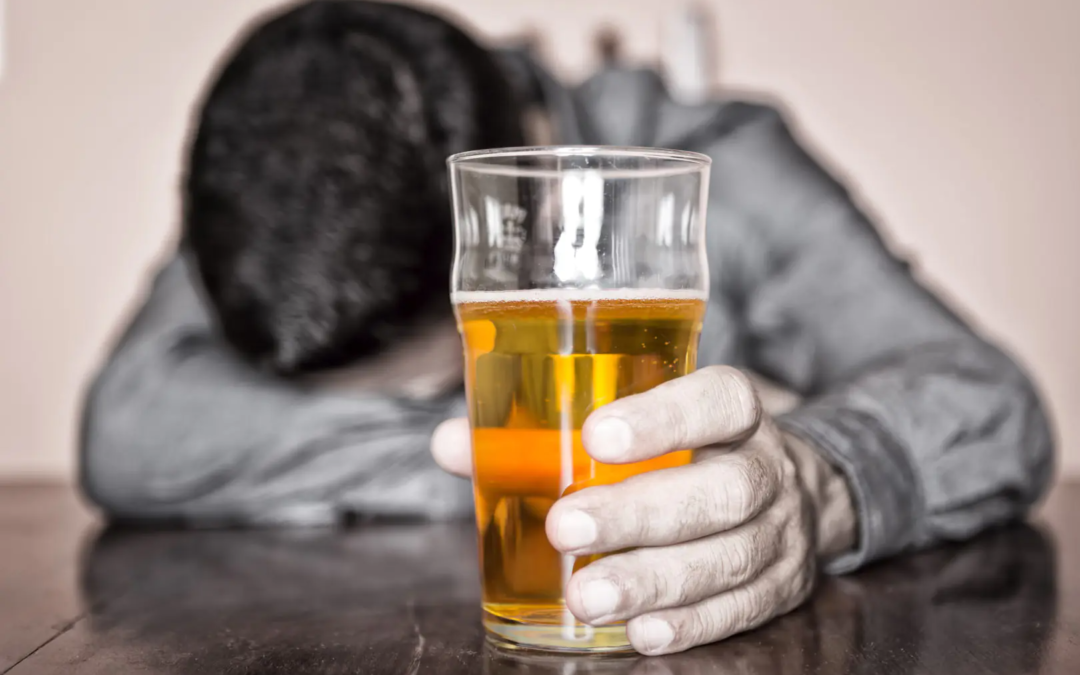By Dr Sandeep Nayak
Not everyone who drinks alcohol will develop cancer. But on the whole, scientists have found that some cancers are more common in people who drink more alcohol than others.
Drinking & Cancer Risk.
Drinking alcohol regularly can increase the risk of at least seven different cancers. It is likely that different cancers are caused in different ways. Cancers linked to alcohol include:
However, the less alcohol you drink, the lower the risk of cancer. No single type of alcohol is better or worse than another, it is the alcohol itself that leads to the damage, regardless of whether it is in wine, beer or spirits. And drinking and smoking together are even worse for you.
As noted above, many studies have found a link between alcohol intake and the risk of developing certain cancers. But it is not clear whether alcohol use after treatment might increase the risk of these cancers coming back (recurring). In theory, it’s possible that alcohol use might raise the risk of recurrence. For example, alcohol can increase the levels of estrogens in the body, which might increase the risk for breast cancer recurrence. But there is no strong evidence from studies to support this.
Smoking & Alcohol
Together, smoking and alcohol seem to have a synergistic effect on cancer risk, meaning the combined effects of use are significantly greater than the sum of individual risks. As alcohol is a good solvent, it is possible that alcohol dissolves the cancer causing chemicals in the smoke and makes it easily available to the body.
Alcohol is Empty Calorie
Alcohol is considered empty calorie as it only provides calorie with no nutrition. Another thing is that alcohol use may contribute to weight (fat) gain, and greater body fatness is a convincing cause of cancers of the oesophagus, pancreas, gallbladder, stomach, bowel, endometrium, ovary, kidney, liver, breast (in post-menopausal women) and prostate (advanced).
While Cancer treatment.
Incidentally, there are some cases during cancer treatment in which alcohol clearly should be avoided. For example, alcohol – even in very small amounts – can irritate mouth sores caused by some cancer treatments, and can even make them worse. Alcohol can also interact with some drugs used during cancer treatment, which might increase the risk of harmful side effects. It’s important to talk with your doctor about this if you are being treated for cancer.
But for people who have completed cancer treatment, the effects of alcohol on cancer recurrence risk are largely unknown. Factors that can be important include the type of cancer, your risk of recurrence, the treatment(s) you’ve had, your overall health, and the other possible risks and benefits of drinking.
Visit www.macsforcancer.com

